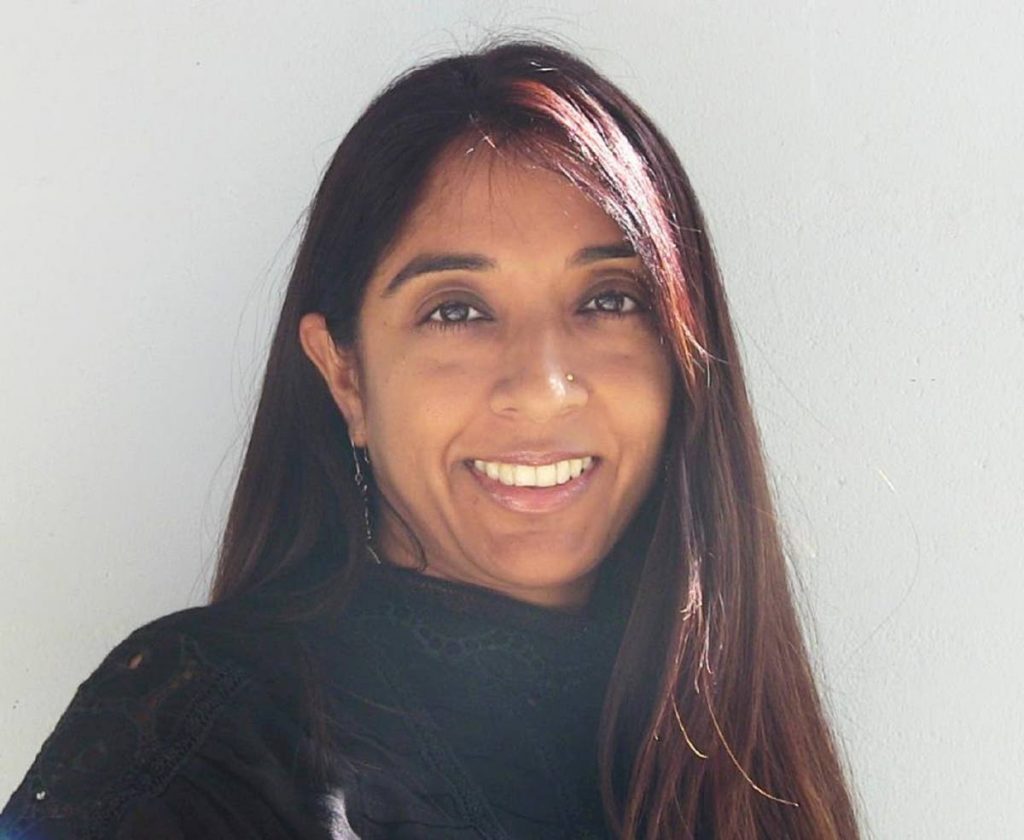Building trust with children

Diary of a mothering worker
motheringworker@gmail.com
Entry 348
DR GABRIELLE JAMELA HOSEIN
PARENTS OFTEN hurt children in ways they never realise or are willing to acknowledge. Later on, when the relationship between them breaks down, parents can feel unappreciated, rejected and frustrated. It’s as if the child was always so uncommunicative, so difficult, so angry and so cold.
A little honesty and self-reflection, and investment in listening, both of which are harder than they sound, would explain so much to parents who find their children’s behaviour inexplicable as they grow into adults.
The hurts are often unintended, but they begin from young, in how adults speak to children and discipline them, pay insufficient attention to their feelings, or fail to acknowledge their own wrongs. Those hurts bury themselves deep and become the knife that slowly tears bonds of trust.
Adults rarely apologise to children for their behaviour and rarely take responsibility for the many times they made their children feel rejected, abandoned or unsupported. They rarely acknowledge the dysfunctional contexts that children have had to grow up in or the instability created by everything from divorce to depression in the adult relationships around them.
We pretend that children are unaffected by our personalities and stresses, despite the fact that they live with us every day. We expect them to be grateful to us to the point of negating their protective strategies. We expect good behaviour at any cost. Mostly, adults feel that they did their best and can be unwilling to hear children’s experience of difficulties and struggles, as if doing their best ends any further conversation.
When parents reach a place where their children don’t think that there is any point opening up, for they will either misunderstand, disagree, deny or blame them for having those feelings, that’s when trust is nearly irreparably torn. On the one hand, parents grieve. On the other they insist that everything should still be normal, as if this is what respect entails.
Parents can hardly deal with blame at this stage in their life when past decisions can’t be fixed and are possibly already regretted. Children are not interested in their regrets or their explanations. All they want is to have their hurts acknowledged. For every disappointment a parent expresses to his or her child, there are many that children could validly respond with, but are not allowed to.
The other day, I shouted at Ziya for making me tell her a dozen times (or it felt like a dozen times) to do something. She got upset and said I told her to tell me when I do hurtful things. She said I didn’t tell her I was getting angry that she wasn’t listening. I was exasperated, what did she expect would happen when I had to tell her the fifth time?
I’m a child she said, you need to explain these things to me. How else will I know? I decided to listen. We took a walk and held hands. I apologised for yelling. I said it was wrong. I explained I get frustrated, especially when I’m tired, and she needs to do things the first time I tell her. She said I should tell her when I’m getting angry so that she will know that’s how I’m feeling. I agreed. I thanked her for being willing to talk, for helping me to become a better mother, for trusting me enough to believe that we could improve things together.
Now, when I’m getting to the weary, fourth-time-I’ve-told-you point, I remind her of our conversation. Just as she told me to, I tell her I’m getting frustrated, and she gets up and goes do what she’s told. It’s not perfect, but it works. There’s one less tear that may never mend.
There will be many other times I unnecessarily hurt her feelings. That’s life. None of us is perfect as people or parents, but saying that to a child is simply a way of not taking responsibility. I understand that I did my best, but that imperfection has its costs.
Such acknowledgement would protect the threads of connection, communication and trust between us. It would enable me to thank her for emerging into a strong and smart adult, and for deciding to forgive me as many times as she will, despite my failings over her lifetime. Such honesty would make me a better parent in the present.
Children want parents’ love and protection, but not when their trust in us is broken. If this feels familiar, and you don’t understand why, it’s your turn to listen.

Comments
"Building trust with children"